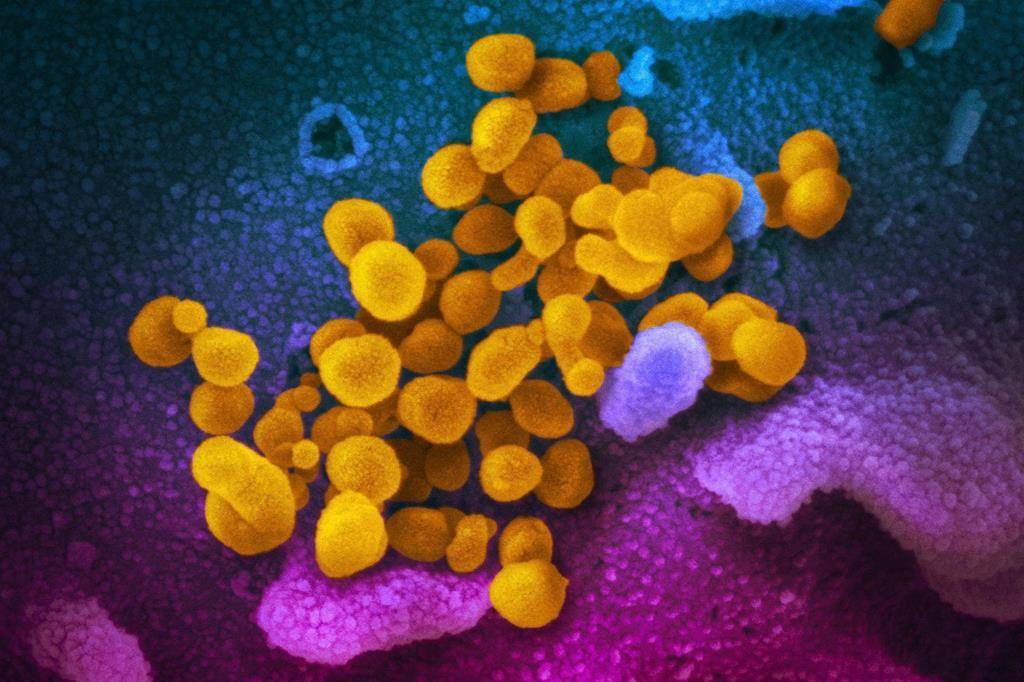A man in his 30s who works at a high school in St. Catharines is Niagara’s latest case of COVID-19, according to the region’s medical officer of health.

Dr. Mustafa Hirji says the man, who tested positive for the new coronavirus, is a staff member at Saint Francis Catholic Secondary school.
Part of the Niagara Catholic District School Board, the high school has been temporarily closed from March 14 to April 5, in keeping with the Ontario Ministry of Education’s novel coronavirus safety measures.
“While exposure at the school was limited, out of caution, we are notifying all staff and students of the school. Our advice to them is to monitor for symptoms for the next 14 days,” Hirji said in a release.
Niagara Catholic School Board did not name the infected worker but did say the individual came down with symptoms on March 12 and did not require hospitalization.
In a letter to families, principal Jim Whittard said there was “limited exposure” to staff at the school but are urging any workers or students that show symptoms to reach out to the public health unit.

Get daily National news
The latest case was not connected to travel, and was likely a result of community transmission, according to Hirji.
Niagara region now has 12 confirmed cases of COVID-19 as of Friday, March 27 with two they say have been resolved.
Niagara Region has also implemented a no-visitors policy at hospitals in St. Catharines, Welland, Niagara Falls and Port Colborne.
COVID-19 assessment centres — available by referral only — are now open in Niagara Falls and St. Catharines.
Questions about COVID-19? Here are some things you need to know:
Health officials caution against all international travel. Returning travellers are legally obligated to self-isolate for 14 days, beginning March 26, in case they develop symptoms and to prevent spreading the virus to others. Some provinces and territories have also implemented additional recommendations or enforcement measures to ensure those returning to the area self-isolate.
Symptoms can include fever, cough and difficulty breathing — very similar to a cold or flu. Some people can develop a more severe illness. People most at risk of this include older adults and people with severe chronic medical conditions like heart, lung or kidney disease. If you develop symptoms, contact public health authorities.
To prevent the virus from spreading, experts recommend frequent handwashing and coughing into your sleeve. They also recommend minimizing contact with others, staying home as much as possible and maintaining a distance of two metres from other people if you go out.
For full COVID-19 coverage from Global News, click here.












Comments